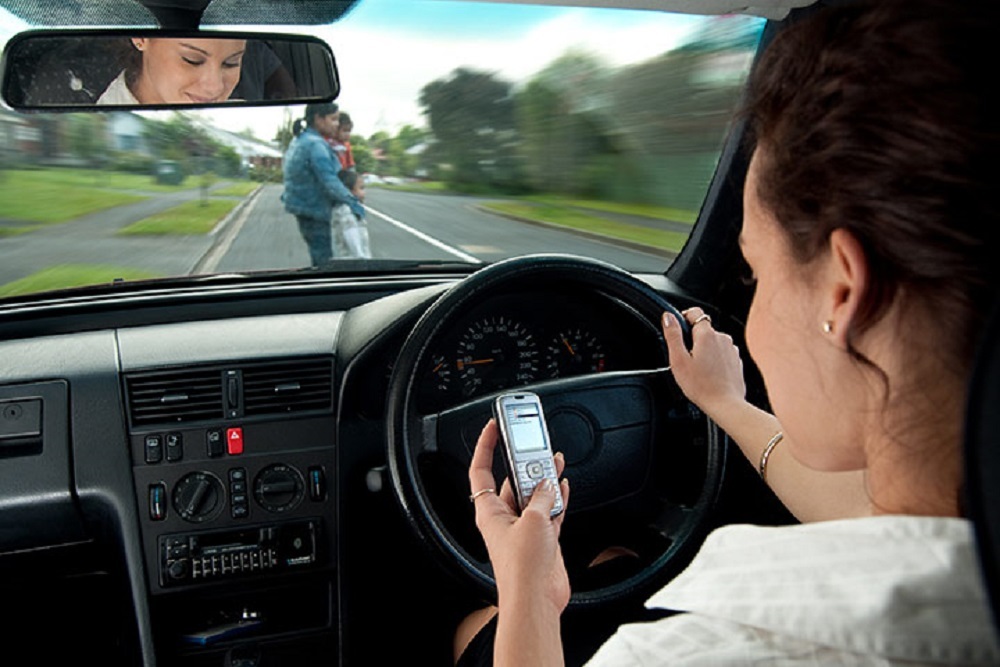American Insurance Association issued the following announcement on Dec. 18.
Effective January 1, holding a handheld communications device while operating a moving motor vehicle in Virginia is prohibited. Nancy Egan, assistant vice president and state government relations counsel of the American Property Casualty insurance Association (APCIA) released the following statement reminding residents of Virginia of the new law:
“Distracted driving and the ubiquitous use of smartphones behind the wheel are widely believed to be one of the leading causes for crashes and fatalities nationwide. Laws combating distracted driving are a critical step to changing behavior and protecting drivers, their passengers, pedestrians, cyclists, and everyone else on Virginia’s roads. When we get behind the wheel, we must commit to be the best driver we can be and stay focused on the road and our surroundings. Put your phone down and keep your family’s and friend’s safety first.
“COVID-19 also could be unknowingly adding more dangers on the roads for motorists and pedestrians. While the public health crisis led to less congested roads, many drivers began to drive faster. Recent driving data shows that non-call phone use while driving is up 50 percent compared to pre-COVID-19 levels. We hope Virginia’s new law will help change dangerous driver behaviors and encourage people to think twice about picking up the phone while driving.”
Twenty-four states and the District of Columbia now prohibit the use of handheld devices while driving. According to a study conducted by the Georgia Legislature, 12 out of 15 states saw an average 16 percent decrease in traffic fatalities within two years of passing a handheld ban.
The National Highway Traffic Safety Administration reports that in 2018 more than 2,800 people were killed and about 400,000 were injured in crashes involving a distracted driver. But this number does not tell the whole story. It is difficult to detect distraction following a crash, which makes distracted driving one of the most underreported traffic safety issues.
APCIA encourages drivers to make safety a priority when they get behind the wheel.
Watch for pedestrian and cyclists: As more Americans look for ways to stay active while at home, there are more pedestrians and cyclists on the road. Drivers should be alert and use caution when approaching crosswalks and traveling near walk trails or parks.
Follow the speed limit: High speeds can significantly increase the severity of a crash.
Eliminate distractions: Drivers should keep their eyes and attention on the road and hands on the wheel by programming their GPS or navigation before starting their commute and not using their cell phones while driving.
Talk to your teen new drivers. Remind them that distracted driving and phone usage have no place behind the wheel.
Don’t drive under the influence and plan ahead: Without exception, when making plans, designate a driver and always refrain from operating a vehicle if you have used alcohol or other substances.
Share the roads safely with large trucks: Drivers of passenger vehicles should share the road safely, and remember that trucks have blind spots, make wider turns, and require additional stopping distance.
Original source can be found here.










 Alerts Sign-up
Alerts Sign-up